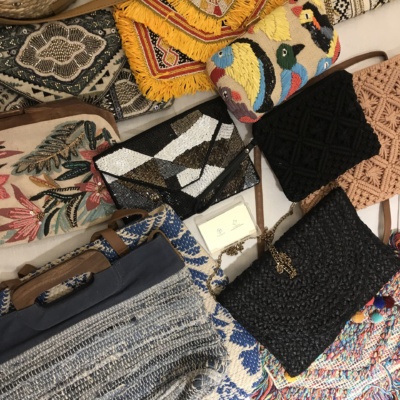

SUSTAINABLE RESEARCH + DEVELOPMENT
Conserve is deeply committed to investigating the causes of social injustice through systems research. We research knowledge transformation and technology, transfer mechanisms and structures, intellectual capital development, innovation management, and look to forecast future research in these areas.
From exploring Interface Flor’s fishing nets waste recovery options to assessing the impacts of circular economies in the fashion chain with the University of Utrecht, Netherlands and the Laudes Foundation, we’re committed to conducting and coordinating a wide range of research programmes.
MATERIALS ENGINEERING
Since 2004, Conserve has been developing new materials from natural fibres and upcycling waste materials like non-recyclable single-use plastic bags to create new materials such as tyre tubes, seatbelts, and firehouses, and retail products including handbags and shoes.
THE BIRTH OF HANDMADE RECYCLED PLASTIC : PLASTICS UPCYCLING
What initially began as a fledgling recycling project developed into a larger challenge we faced: what to do with the thousands of plastic bags that could not be composted or recycled locally. After much experimentation, we realized that rather than recycling these bags, we could upcycle them through a process of washing, drying and pressing the bags into sheets. Conserve’s durable, versatile, and waterproof patented fabric, Handmade Recycled Plastic (HRP), was born.
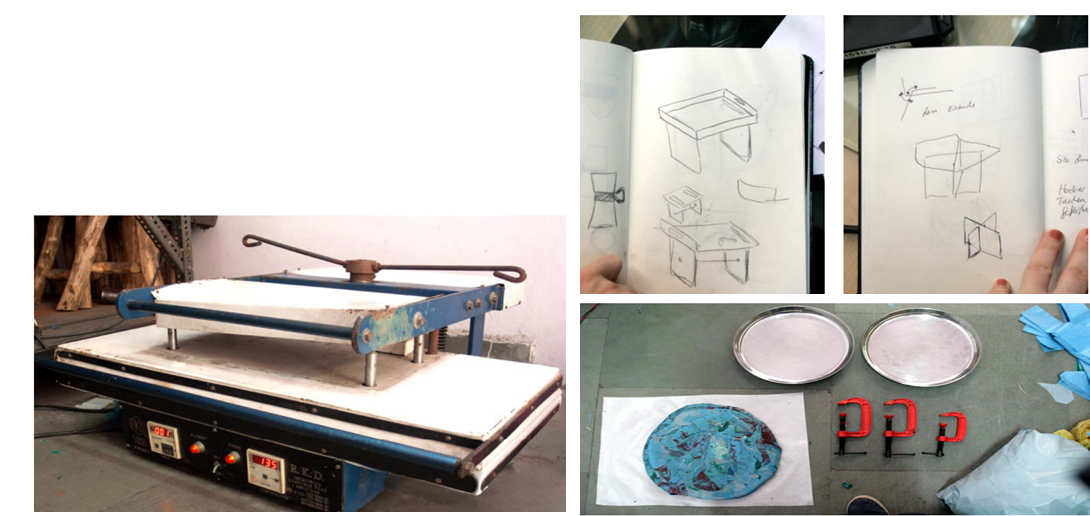

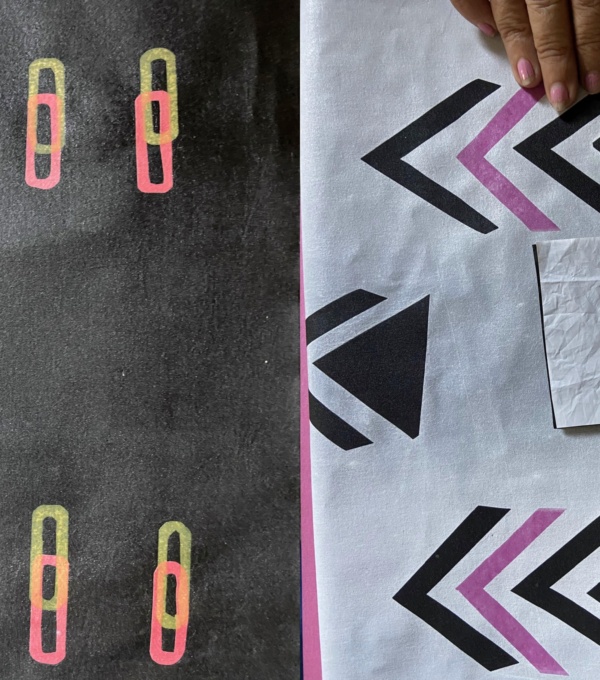

VEGAN LEATHER FROM PLASTIC WASTE
Today we repurpose single-use plastic bags to create textiles made from HRP for a range of vegan fashion products such as handbags, clothing, and footwear products. Each upcycle increases the longevity of the material by a minimum of 20 years. In turn, the process transforms an endemic in India to a high value good. Additionally, we employ innovative farming technologies, and through our pilot programs, we bring awareness of these new technologies and create sustainable livelihoods for low-income communities.
Conserve employs and trains hundreds of people from Delhi’s most disadvantaged communities. We clear the streets of the plague of plastic bag waste. Once the waste is turned into HRP products, they are sold; the profit can then be spent within those same communities on education and welfare programmes. For over fifteen years, we have run our HRP program, providing jobs of dignity to hundreds of people and upcycling approximately 1.5 tonnes of plastic every month.
By purchasing Conserve bags, belts, wallets, necklaces and shoes, you not only acquire a beautiful and fashionable product, you also help the environment and improve the lives of many of India’s poorest people.
HOUSING TILES FROM PLASTIC WASTE
We continue to transform plastic waste into usable construction and housing materials, including our upcycled low-cost tiles. The goal of converting more plastic from the waste stream, coupled with the state of the cardboard-box homes of the wastepickers we employed, inspired us to develop a technology to convert single-use sheet plastics into construction tiles to build homes. These tiles can be used to empanel indoor or outdoor walls in various colours and designs, and can also be used via injection moulding to produce 3D solids
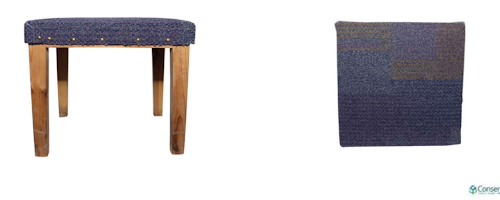

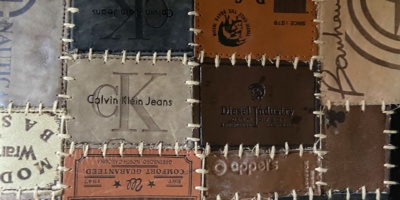

PACKAGING MATERIALS FROM PLASTIC WASTE
We are currently experimenting with faster techniques to produce thin sheets from single-use LDP and MLP plastics to create packaging materials for consumer and commercial products. This packaging material will be highly repairable and recyclable and help enable a circular economy for plastics packaging.
TEXTILE RECYCLING
Conserve began experimenting with recycling textiles in 2014 after learning that textile scrap is the second most polluting item found in riverbeds and landfills after plastics.
YARN FABRIC + PRODUCTS
Using a zero-carbon method, we have developed a process of blending recycled textiles with natural fibres such as bamboo and hemp to create a durable yarn material, now used in many of our products.
TEXTILE FASHION + PRODUCTS
Employing patchwork methodologies, we use deadstock fabrics, old sarees, and even old bedsheets and curtains to make fashionable new products — including low-cost masks for our communities in the Covid-19 pandemic.
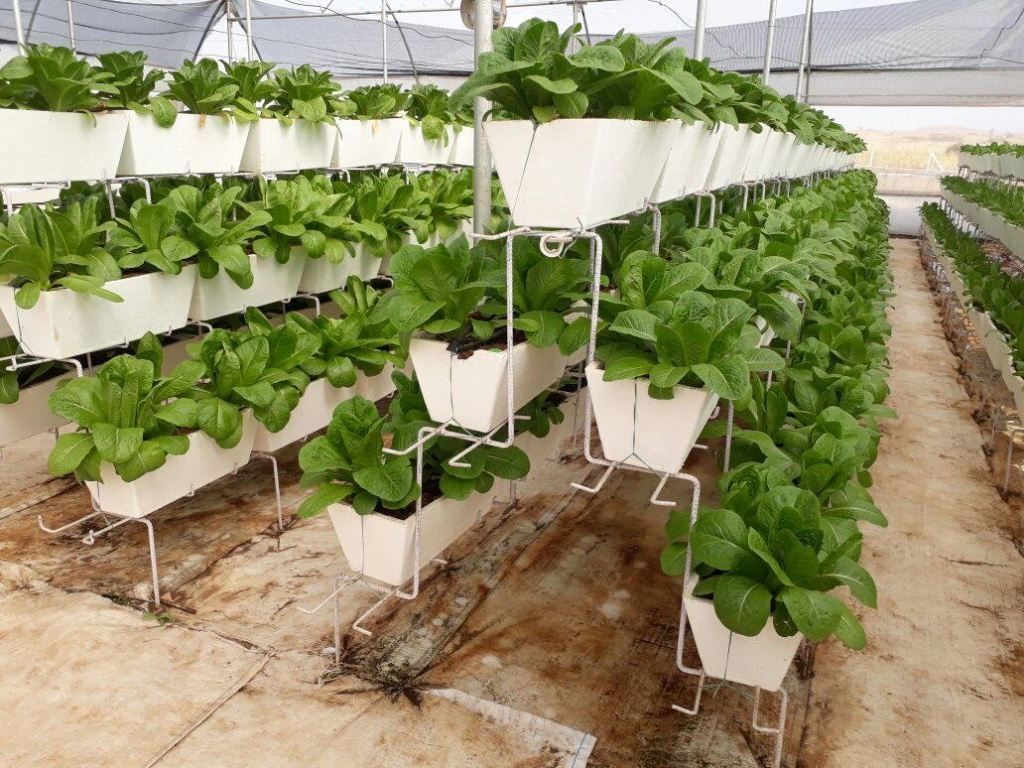

SOIL-LESS FARMING
In partnership with Food Ladder, Australia and Direct Aid Program, Australian High Commission, Conserve adapted high-end hydroponics systems for lower-investment and user-friendly soil-less farming systems within low-income communities. We helped establish four systems in the urban slum area of Bahadurgarh and trained the community in the systems’ operation. The community benefitted from these systems in a multitude of ways— from creating jobs to producing high nutrition food for these impoverished communities. In partnership with Baazi Games, we also set up a system and training course at Swami Sivananda Memorial Institute to support the Balwadi students with a high nutrition diet and plenty of produce.


